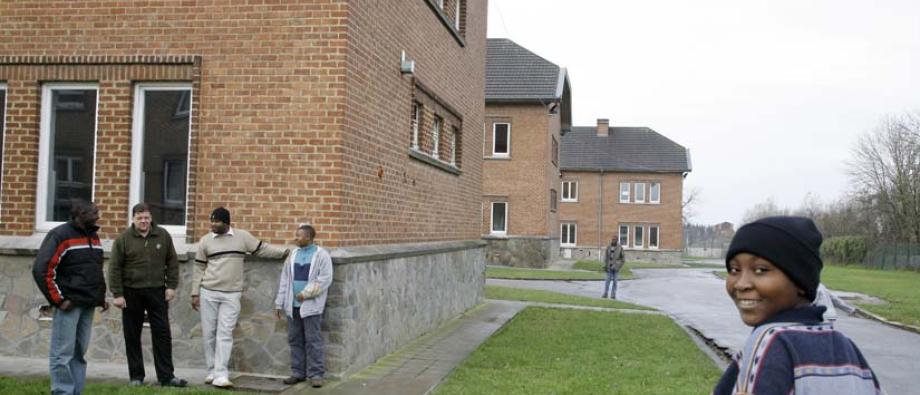
Fedasil is starting a network of buffer accommodations: these are beds that are not in use, but they can be made operational at a moment's notice in case of an emergency.
Fedasil and its partners are gradually starting to create reserve accommodations for the reception of asylum seekers. These buffer accommodations are not in use, but they can be made operational at a moment's notice if there is a sudden influx of asylum seekers.One of the most important lessons we learned from the Belgian reception crisis (between 2008 and 2012) was that the reception network was not flexible enough to respond to sudden changes, such as an unexpected influx of asylum seekers or a prolonged stay in the reception facilities. Opening new reception facilities for asylum seekers in haste often requires a great deal of work and money and offers no guarantee that all asylum seekers will actually find accommodations. The creation of reserve accommodations will provide Fedasil's reception network more flexibility.Reception centres and local reception initiatives The reserve accommodations will be created in collective centres from Fedasil, the Red Cross and local reception initiatives (LRI) from the Public Social Welfare Centres (PSWC's). These reserve accommodations are always pre-existing accommodations that are transformed into buffer accommodations. For example, the wing of a centre is reserved as buffer accommodations. A PSWC with reserve accommodations can use those spaces to provide others in need of help with accommodation, but Fedasil can reclaim the spaces quickly if necessary.The concept is new in Belgium but is already well-established in other European countries. A study from the European EPRA network has shown that ideally the reserve capacity should be between 10 and 20% of the operational capacity. At this stage Fedasil's goal for Belgium is to have a structural network of 18,000 accommodations and 1,800 reserve accommodations for asylum seekers.
